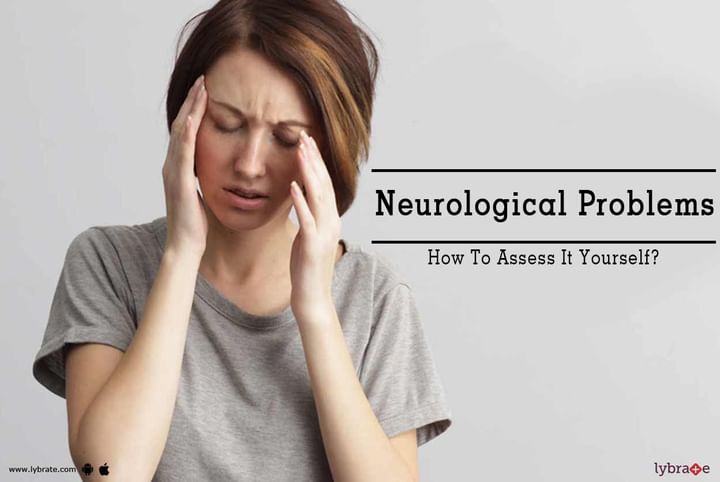Neurological Problems - How To Assess It Yourself?
It is very important for any individual suffering from a neurological disorder to take medical assistance. The possible neurological condition can be diagnosed by doing some medical examinations. Some of the examinations that are conducted for diagnosis include a neurological exam, genetic screening, brain scans and many other tests.
Malfunction of the brain can be caused in more than one region of the brain like frontal cortex, anterior cingulate, Parietal cortex and Basal ganglia. It is very important that symptoms are noticed and the required tests are done immediately. In case of malfunctioning in the Basal ganglia, there are chances that patients experience more anxiety and avoid clashes in life excessively.
Self - assessment test for neurological disorders
- Self-assessment and self-administered tests can identify the presence of the neurological disorder, but it is best to seek medical assistance in such cases. The self-assessment tests can be done by an individual when they face symptoms like problems in urinating, difficulty in concentrating, problems with writing and holding objects, and experiencing blurred vision.
- It is important for an individual facing complaints like a headache, numbness in the arms or legs, changes in behavior, fatigue, blurry vision, slurred speech, weakness and changes in coordination to contact a medical professional. The thought of neurological disorder itself is very threatening and understanding the drug options available is very important.
Medications Used
The type of medication prescribed to the patients depends mainly on the condition of the neurological disorder. Some of the drugs that are prescribed include corticosteroids. These are provided for the treatment of multiple sclerosis and decrease inflammation. Levodopa is a drug used mainly for treating Parkinson’s disease. In addition to physical examination and complete medical history, the diagnostic procedures that are carried out for neurological disorders include Computer Tomography scan (CT scan), Electroencephalogram (EEG), Electromyography (EMG) and Magnetic resonance imaging (MRI).



+1.svg)
